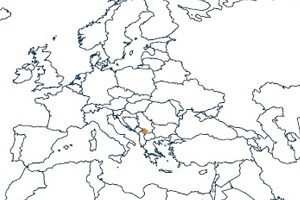
Kosovo
-
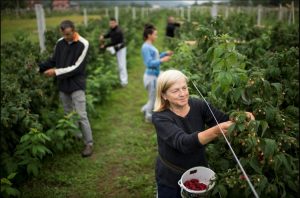
Duration: October 2012 - December 2015
Budget: US$2,737,060
Implementing Agencies: UNDP (lead), UNV, UNFPA, UNICEF, WHO
More than twenty years after the breakup of former Yugoslavia, Kosovo struggles to transition to greater peace, development and human rights. Today, Kosovans of all ethnicities endure some of the worst poverty in Europe. The combination of acute poverty and poor governance, coupled with inter-ethnic tensions, have resulted in a vicious cycle that limits the aspirations of all Kosovans to be free from want, fear and a life lived in dignity.MORE -
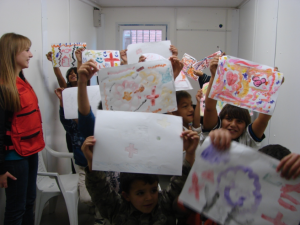
Duration: October 2008 - April 2011
Budget: US$3,038,958
Implementing Agencies: UNDP, UNICEF, UNFPA, WHO, OHCHR, UNV
The programme improved stability in Mitrovica and Zveçan through a multi-sectoral approach that underscored the protection and empowerment of local communities; strengthened institutions and enabled the planning and delivery of services to meet the needs of different neighbourhoods; and promoted greater exchange amongst communities.MORE -
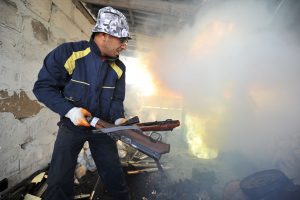
Duration: June 2003 - June 2006
Budget: US$1,030,000
Implementing Agencies: UNDP
The programme supported UNDP’s comprehensive Illicit Small Arms Control initiative and sought to reduce the possession of illicit small arms in post-conflict Kosovo.MORE -
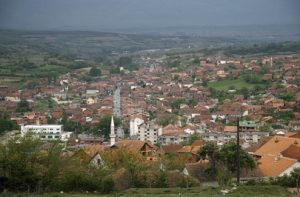
Duration: October 2001 - September 2002
Budget: US$269,388
Implementing Agencies: UNMIK/DPI
The overall goal of the programme was to increase participation by Kosovo's Serbs and other minority groups in the upcoming municipal elections. To this end, the programme supported a wide-ranging information campaign informing minorities of their rights in the newly adopted legislative framework and encouraging everyone to participate in the ongoing transitional process, including the upcoming elections.MORE -
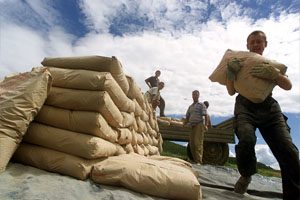
Duration: October 2001 - October 2002
Budget: US$1,019,964
Implementing Agencies: UNDP
The programme provided the Kosovar population with access to modern, efficient, accessible, safe and affordable primary healthcare services, in addition to strengthening the capacities of medical professionals.MORE -
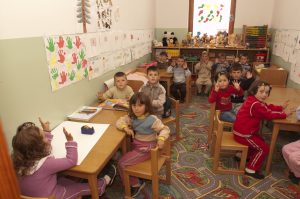
Duration: March 2001 - May 2002
Budget: US$2,700,374
Implementing Agencies: UNDP
The programme enhanced basic school conditions, improved the quality of education, and created a safer learning environment for students in Kosovo.MORE -
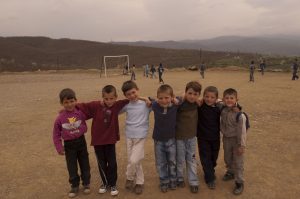
Duration: November 2000 - June 2003
Budget: US$1,027,431
Implementing Agencies: UNMIK/UNOPS
The programme provided safe transport for minority school children in selected Kosovo municipalities in order for them to access educational facilities. In doing so, the programme aimed to foster a culture of reintegration among children from different ethnic groups.MORE -

Duration: November 2000 - August 2003
Budget: US$3,030,000
Implementing Agencies: UNMIK/UNOPS
The programme aimed to repair the sewage system in the rural municipality of Glogovac which was in a state of extreme disrepair, thus allowing sewage to flow into streets, gardens and public spaces. In doing so, the programme improved the overall health and sanitation status of conflict-affected communities and began the process of reconstruction and longer term development in the municipality.MORE -
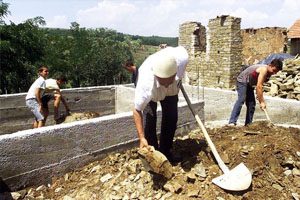
Duration: November 2000 - December 2002
Budget: US$3,866,375
Implementing Agencies: UNMIK/UNOPS
The programme restored the Perparimi brick factory back into operation, thereby increasing the availability of building materials to reconstruct and rebuild damaged housing in Skenderaj municipality.MORE -
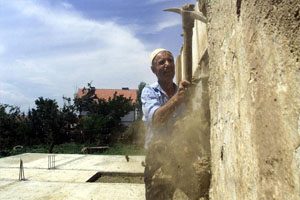
Duration: October 2000 - January 2001
Budget: US$440,650
Implementing Agencies: UNMIK/UNOPS
The programme improved the capacity of the broadcast media to provide the necessary coverage of the municipal elections in 2000. Technical assistance was provided to journalists and equipment for electronic information gathering was installed.MORE -

Duration: August 2000 - November 2003
Budget: US$20,448,626
Implementing Agencies: UNDP
The programme addressed post-conflict reconstruction and reintegration in the districts of Peje Skenderal, Rahovec and Mitrovice by rebuilding damaged houses, restoring electrical distribution networks, and providing employment to Kosovar Albanians and Serbs.MORE -

Duration: May 2000 - December 2004
Budget: US$16,160,000
Implementing Agencies: UNICEF
The programme improved basic school conditions for returnees and local communities by rebuilding schools, improving infrastructure, and introducing new teaching methods.MORE -
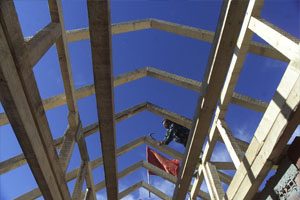
Duration: November 1999 - August 2000
Budget: US$437,553
Implementing Agencies: UNICEF
The programme provided emergency repairs to two primary schools in Decani municipality – the Lan Selimi Primary School in the village of Lumbardh and the Jusuf Gevalla Primary School in the village of Prapacan. This enabled students to resume their education in the immediate post-conflict peacebuilding period.MORE
